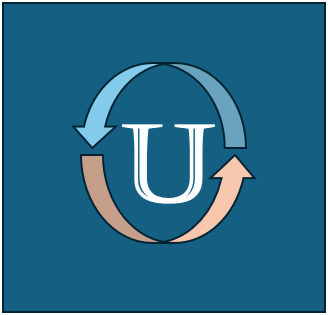Single Taxpayer
As a single taxpayer, you might be eligible for various tax benefits and deductions. Some potential considerations include:
Tax Filing Status: Ensure you're filing as "Single" or potentially "Head of Household" if you qualify.
Standard Deduction: You can claim the standard deduction, which may reduce your taxable income.
Itemized Deductions: If you have significant expenses like mortgage interest, charitable donations, or medical bills, itemizing might be beneficial.
Tax Credits: Explore credits like the Earned Income Tax Credit (EITC) or education credits if applicable.
Retirement Savings: Contribute to a 401(k) or IRA to reduce taxable income and save for the future.
Tax-Advantaged Accounts: Utilize Health Savings Accounts (HSAs) or Flexible Spending Accounts (FSAs) for medical expenses.
To optimize your tax situation, consider consulting a tax professional or using tax preparation software. They can help you navigate deductions, credits, and other benefits specific to your situation.
-
1. Tax Deductions
Standard Deduction: For the tax year 2023, the standard deduction for single filers is $13,850. If your itemized deductions (like mortgage interest, state and local taxes, charitable donations) exceed this amount, it might make sense to itemize.
Itemized Deductions: Common itemizable expenses include:
Mortgage Interest: If you own a home, you can deduct the interest paid on your mortgage.
State and Local Taxes (SALT): You can deduct state income taxes or sales taxes, and property taxes, but there's a $10,000 cap on SALT deductions.
Charitable Contributions: Donations to qualified charities can be deducted.
Medical Expenses: You can deduct medical expenses that exceed 7.5% of your adjusted gross income (AGI).
2. Tax Credits
Earned Income Tax Credit (EITC): If you're low to moderate income, you might qualify for the EITC, which can significantly reduce your tax liability or even provide a refund.
Education Credits: If you're pursuing education, the Lifetime Learning Credit or the American Opportunity Tax Credit might be beneficial.
3. Retirement Savings
401(k) or Employer-Sponsored Plan: Contributions are pre-tax, reducing your taxable income. For 2023, the contribution limit is $22,500, with an additional $7,500 catch-up contribution if you're 50 or older.
Individual Retirement Accounts (IRAs): Traditional IRA contributions may be tax-deductible, depending on your income and whether you have access to a retirement plan at work. Roth IRA contributions are not deductible, but qualified withdrawals are tax-free.
4. Health Savings
Health Savings Account (HSA): If you have a high-deductible health plan (HDHP), you can contribute to an HSA. Contributions are tax-deductible, and withdrawals for qualified medical expenses are tax-free.
5. Tax Planning Strategies
Tax-Loss Harvesting: If you have investments, selling at a loss can offset gains, reducing your taxable income.
Charitable Donations: Consider donating appreciated securities to avoid capital gains taxes and get a deduction for the full market value.


